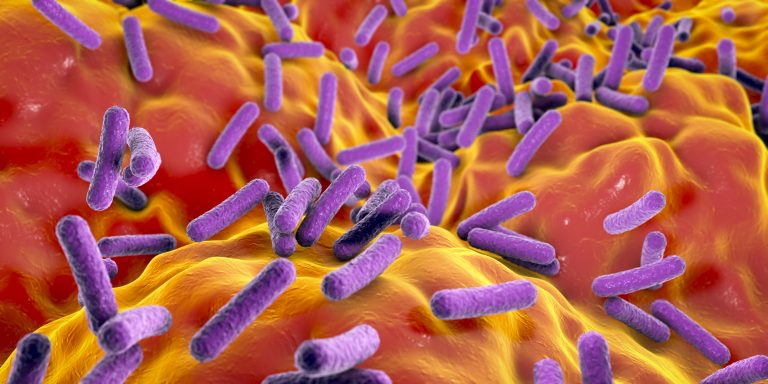
The cholesterol-lowering medications called statins are taken by millions of people around the globe and represent one of the most widely prescribed drug classes. While these compounds were designed to effectively reduce heart attack and stroke, a recent finding has shown that there is a clear link between improved gut microbiota and statins. Investigators from the University of Gothenburg have released new data from a participant group who were taking statins and showed marked improvement in the gut microbiota.
Findings from the new study were published recently in Nature through an article entitled “Statin therapy is associated with lower prevalence of gut microbiota dysbiosis.” Although the direct mechanisms have not been identified, the data from MetaCardis (Metagenomics in Cardiometabolic Diseases), a collaborative EU-based project involving 14 research groups from six countries, show the results to be unequivocal.
“Although the study does not provide a causal link, it’s exciting to see how a well-established and clinically used drug can change the gut microbiota,” explains study author Fredrik Bäckhed, PhD, a professor of molecular medicine at Sahlgrenska Academy, University of Gothenburg, who focuses on the role of gut microbiota in metabolism. “Time will tell whether statins affect bacteria in the gut directly or whether these drugs affect both gut and immune cells that, in turn, help modify the microbiota.”
The purpose of MetaCardis is to clarify whether and how gut microbiota may be linked to cardiovascular disease. In the project, more than 2,000 Europeans with varying degrees of metabolic and cardiovascular disease have been meticulously investigated.
“By exploring obesity-associated microbiota alterations in the quantitative fecal metagenomes of the cross-sectional MetaCardis Body Mass Index Spectrum cohort (n = 888), we identified statin therapy as a key covariate of microbiome diversification,” the authors wrote “By focusing on a subcohort of participants that are not medicated with statins, we fund that the prevalence of Bact2 correlates with body mass index, increasing from 3.90% in lean or overweight participants to 17.73% in obese participants. Systemic inflammation levels in Bact2-enterotyped individuals are higher than predicted on the basis of their obesity status, indicative of Bact2 as a dysbiotic microbiome constellation. We also observed that obesity-associated microbiota dysbiosis is negatively associated with statin treatment, resulting in a lower Bact2 prevalence of 5.88% in statin-medicated obese participants. This finding is validated in both the accompanying MetaCardis cardiovascular disease dataset (n = 282) and the independent Flemish Gut Flora Project population cohort (n = 2,345).”
The gut microbiota is divided into various main groups, known as enterotypes, that vary among individuals. One of these, labeled Bact2, has fewer bacteria in terms of number and composition alike. Microbes lacking in Bact2 include anti-inflammatory bacteria like Faecalibacterium, one effect of which is to strengthen the immune system.
Bact2 is more common in patients with inflammatory bowel disease (IBD), multiple sclerosis, and depression. In the current study, the scientists found this enterotype also to be significantly more prevalent in patients with obesity (18%) than people without it (4%)—an observation verified in an independent Belgian study.
The positive and thus far unknown effect of statins identified by the researchers was that the proportion of individuals with Bact2 decreased in the group given statin therapy, resulting in more normal gut microbiota. Together, the various study findings open up for new forms of treatment in the future, in which drugs can be used to alter the gut microbiota.
“Perhaps drugs like statins can be used to change the ecology in the gut. But that calls for further studies,” Bäckhed concluded.













